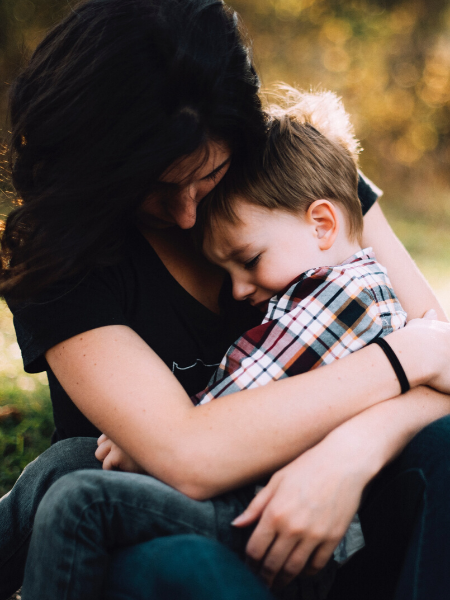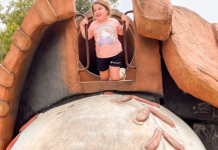Throughout my journey as a mother, I can admit that I’ve had several moments where I didn’t get it right. I’m not perfect. In fact, I’m far from it. There are days where I would say to myself, “You could have handled that differently.” So when I mess up, I apologize to my son for it.
Learning to apologize to our children is important. Not only does it teach taking ownership of our mistakes, but it also shows empathy and respect. It shows that I understand I did something to upset my son, and it shows that I respect him enough to let him know I’m sorry about it. It teaches my son that apologizing is for everyone and that parents aren’t excluded from this.
We see a lot about teaching children how to apologize to others, but what about learning to apologize to our children?

I think there is a misconception that parents shouldn’t have to apologize to their children. You hear those old sayings of “Do as I say and not as I do” or “Because I said so.” Some could think that apologizing may seem like a lack of authority, but this is completely false. In fact, apologizing can be a pivotal part of building a relationship with your child.
And I don’t mean apologizing for everything. For example, I won’t apologize for ending screen time or refusing him more juice. I also won’t apologize for making him clean his room. I mean apologizing for the things that really hit home; like forgetting to do something you said you would, or getting frustrated and lashing out.
I can remember a time where we needed to run an errand earlier in the morning to meet up with a friend that afternoon. However, my sweet boy didn’t understand the time restraint we were on. I watched my son slowly get dressed as I continuously stared at the time passing by. When it was time to hop in the car, my sweet boy begged to run back inside to grab his favorite toy to take along for the ride. Which, of course, took even longer for him to find where he last placed this toy.
My patience wore thin. We didn’t have the time for this. So I yelled, “No! We’re not getting the toy.” My son sat still, stared at me, and his bottom lip began to tremble. He looked down, uncertain of what he did wrong.
I immediately realized that I took my frustration out on him. I felt awful because our time restraint wasn’t his responsibility. It was mine, and it wasn’t his fault. His young brain couldn’t possibly understand that we were running behind. I overreacted and for that, I apologized.













